First virtual workshop on extremism in Pakistan
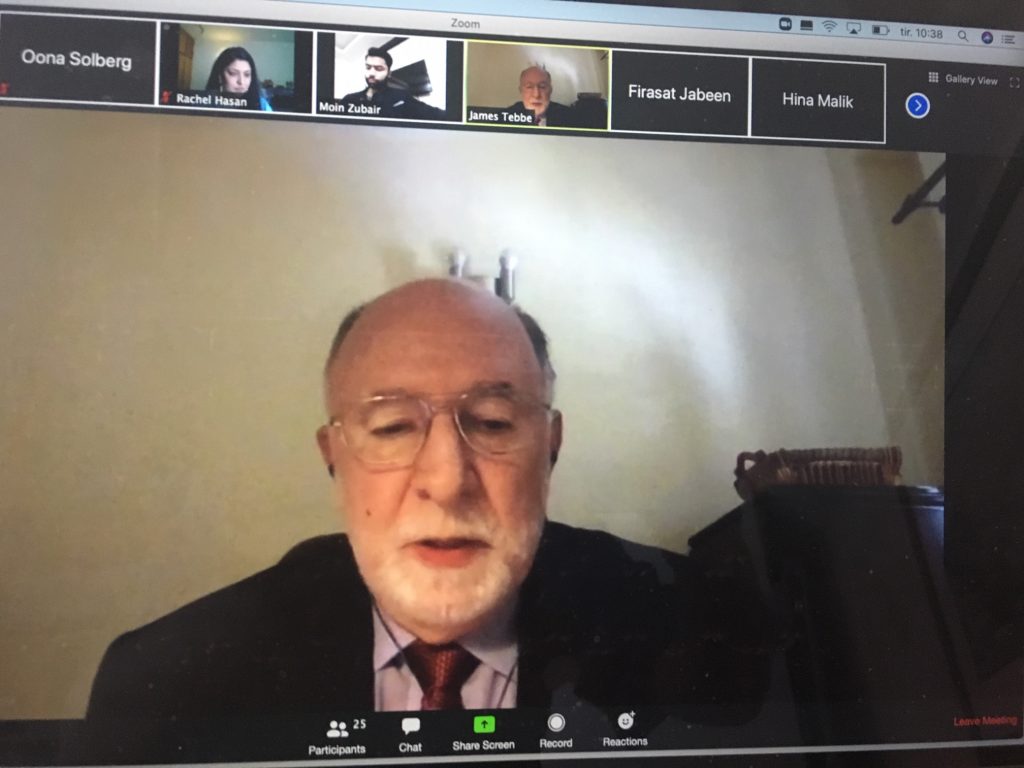
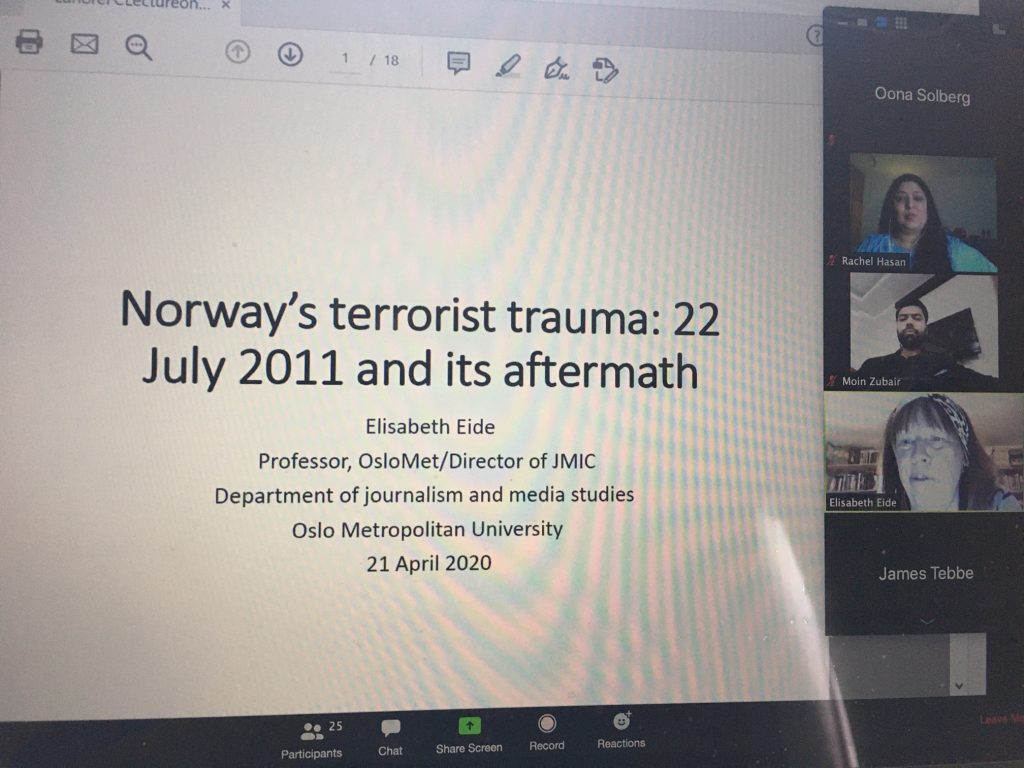
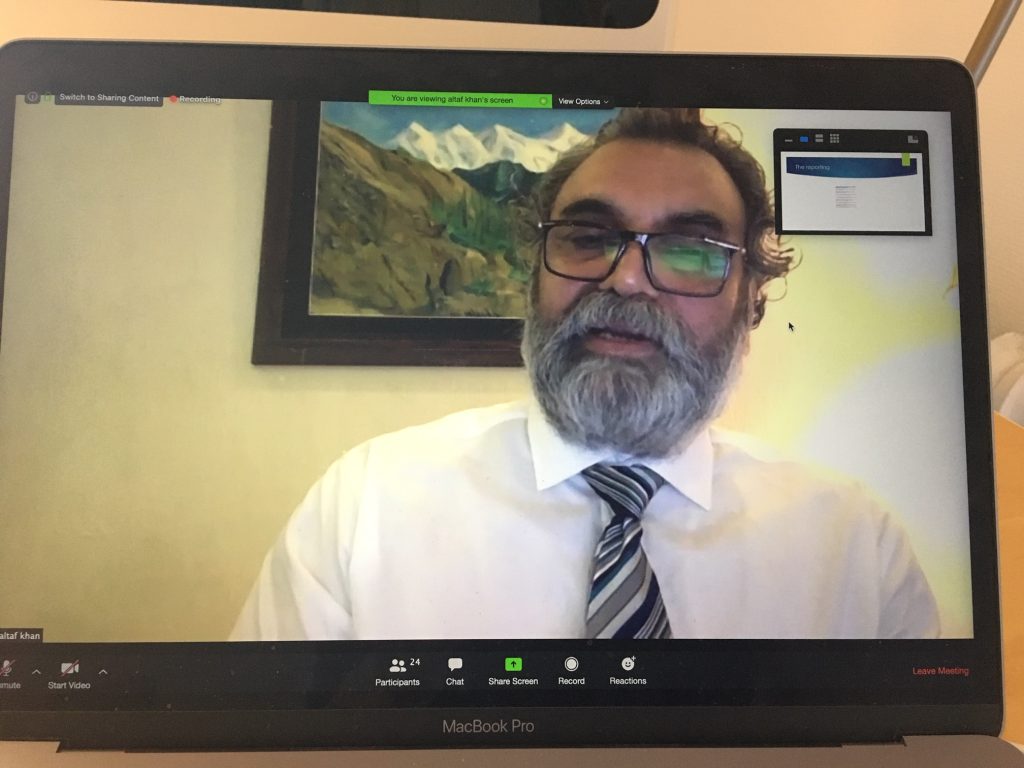
Forman Christian College University (FCCU) in Lahore hosted the first International Virtual Workshop on Polarised Societies and Many Faces of Extremism 21 April, in cooperation with JMIC
The headline of the first of six sessions to take place in the coming weeks, was ”Events that shook our countries”. Rector Dr. James A. Tebbe held the inaugural address on behalf of FCCU.
From Norway Prof. Elisabeth Eide at JMIC/OsloMet spoke about the large terror attacks 22 July 2011, media coverage and debates on right wing extremism in the country.
From Pakistan Prof. Altaf Khan at FCCU told about the massive terrorist school massacre in Peshawar 16 December 2014, its aftermath and challenges for journalists covering such events.
The 25 participants were scholars, students and journalists, and the lectures were followed by pertinent questions from this digital audience.
On the second day of the workshop, Dr. Qibla Ayaz spoke on extremism in Pakistan and the region and its roots, a lecture, which was shortened, since he had to attend a meeting on COVID19 measures during Ramadan.
Norwegian author and journalist Øyvind Strømmen lectured on right wing extremism in Europe, its various shapes and roots.
The audience expressed their enthusiasm with hearing about the varieties of extremism and demonstrated their eagerness to learn more by raising important questions.
Extremism workshop continues online
Regional varieties of extremism and extremist recruitment and social media were the headlines of session 3 and 4 during the zoom workshop on extremism this week.
Professor Elisabeth Eide from Norway spoke about “Hindutva: From the assassination of Gandhi 1948 to pogroms in Delhi 2020” Tuesday.
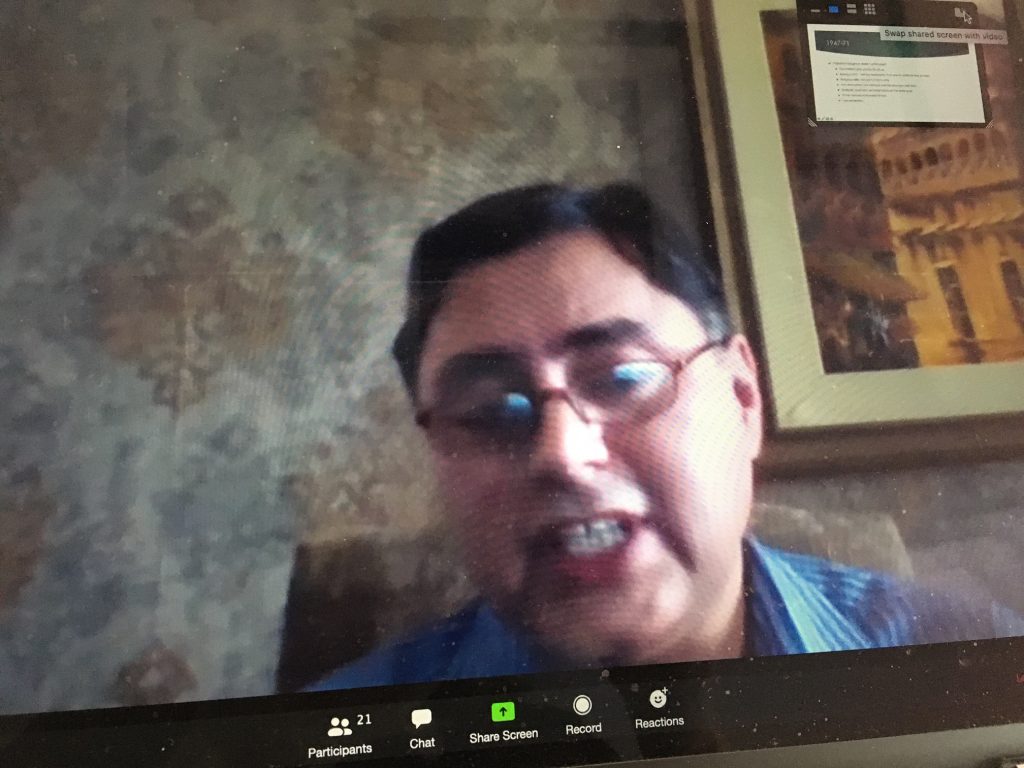
Dr. Raja Ali Saleem from Forman Christian College University (FCCU) in Lahore continued about “From “home of Muslims” to “Islamic state”: The growth of Islamism.”
Wednesday the BBC Urdu correspondent Tahir Imran Mian introduced about “Social Media and the Rise of militancy in Pakistan”.
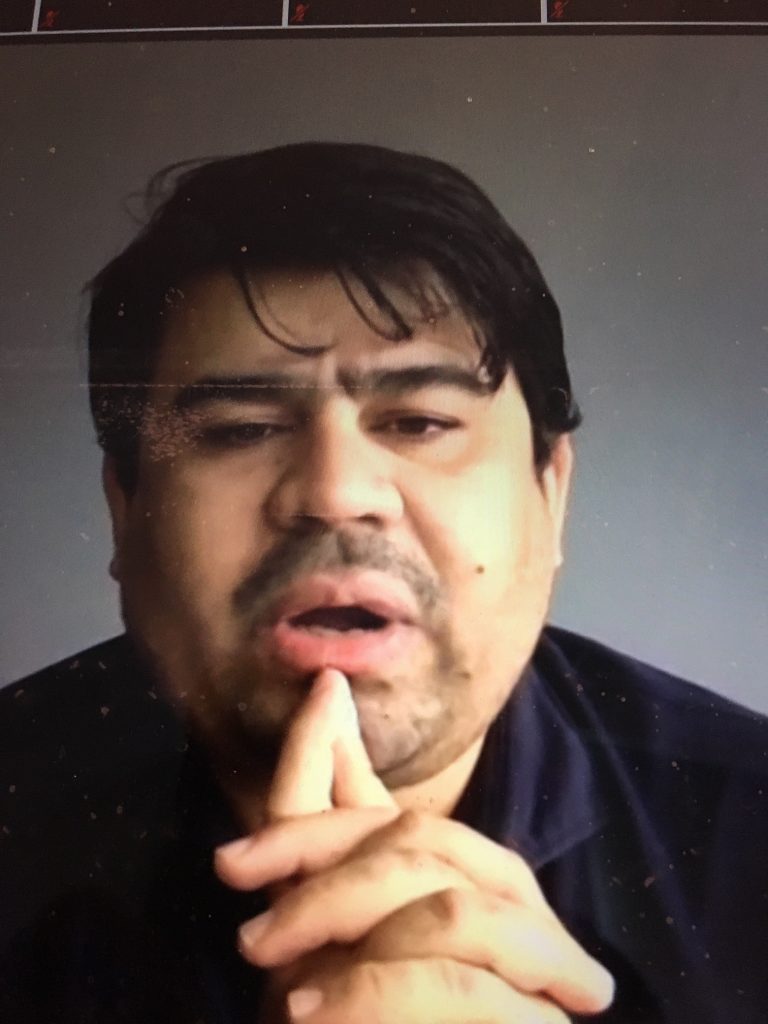
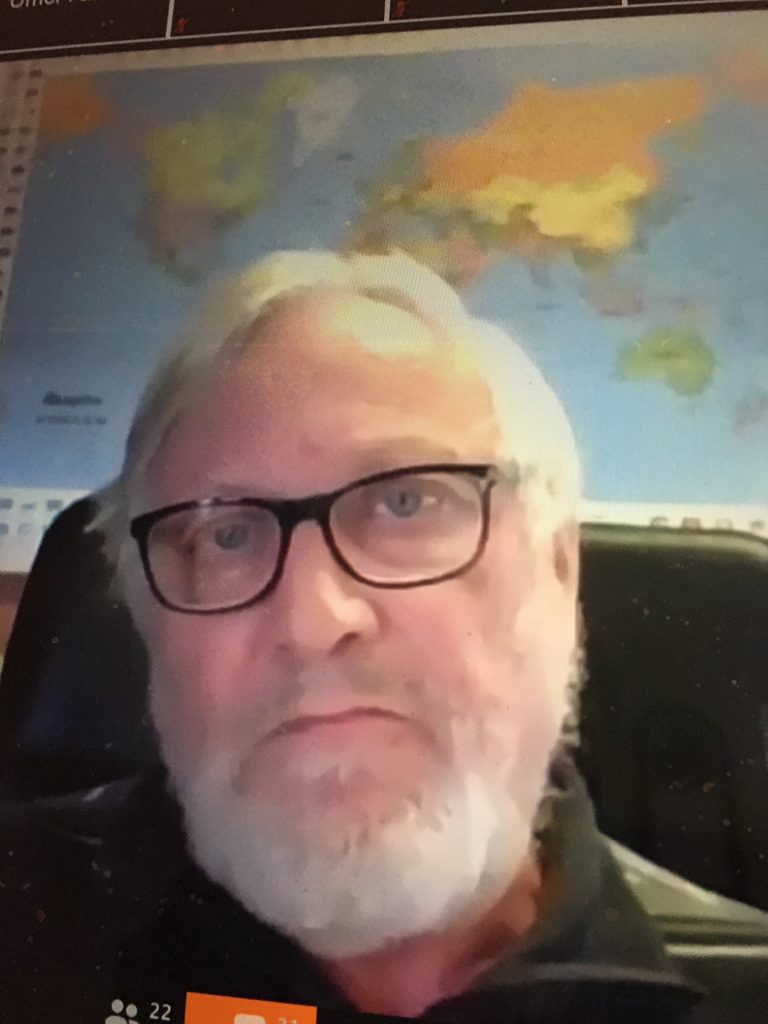
Lars Gule from OsloMet in Norway told about “Norwegian youth, social media and IS fascination.”
Corona experiences from Egypt, India, USA and Pakistan
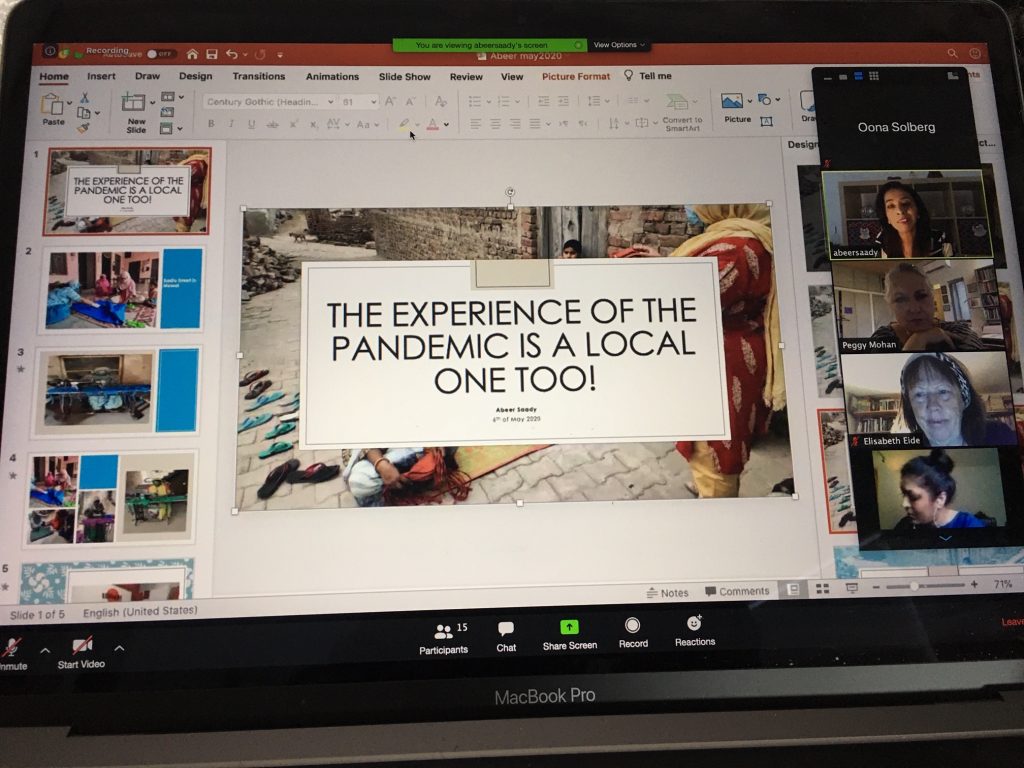
COVID19 in different contexts was the theme Wednesday 6 May during the last session, the third and last week of the workshop.
Journalism trainer and safety expert Abeer Saady reminded the audience that “The experience of the pandemic is a local one too!”, and pointed at examples of the importance of community radios.
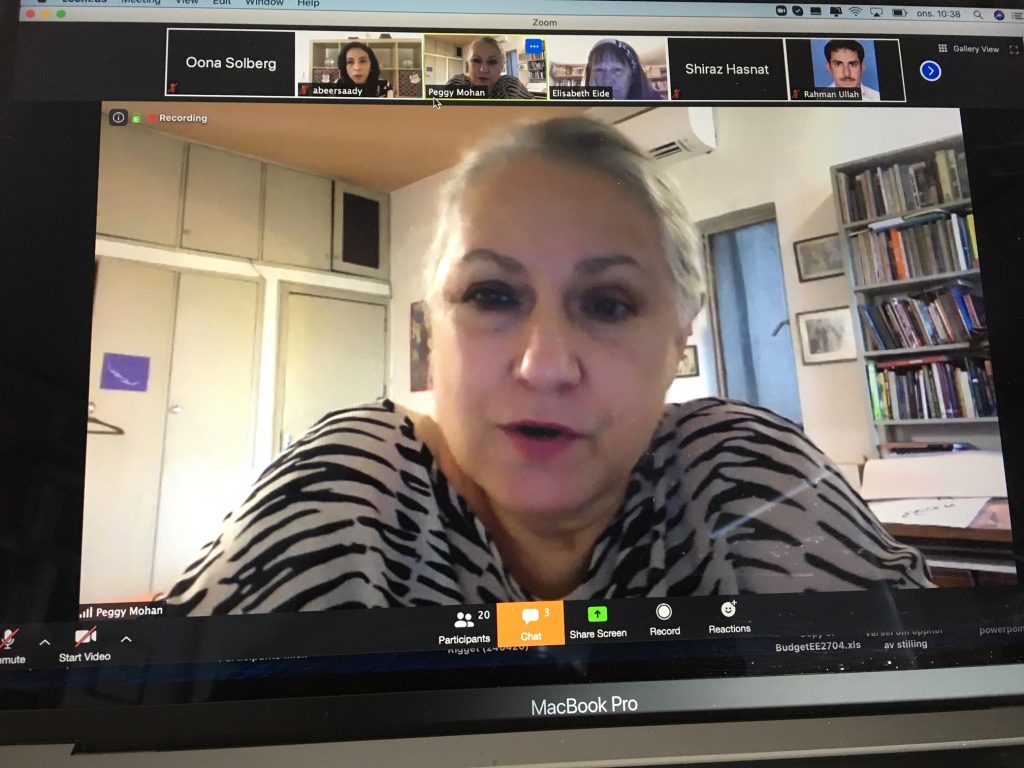
Writer, linguist and artist Peggy Mohan told about the situation during the pandemic in India and the way in which authorities may use the situation to impose more authoritarian rule.
Jehangir Khattak at the Centre for Community Media at City University of New York spoke about the effect on daily life and journalism during the pandemic, and how it affected what he labelled as “media desertification”, since many media are drained of resources due to the pandemic.
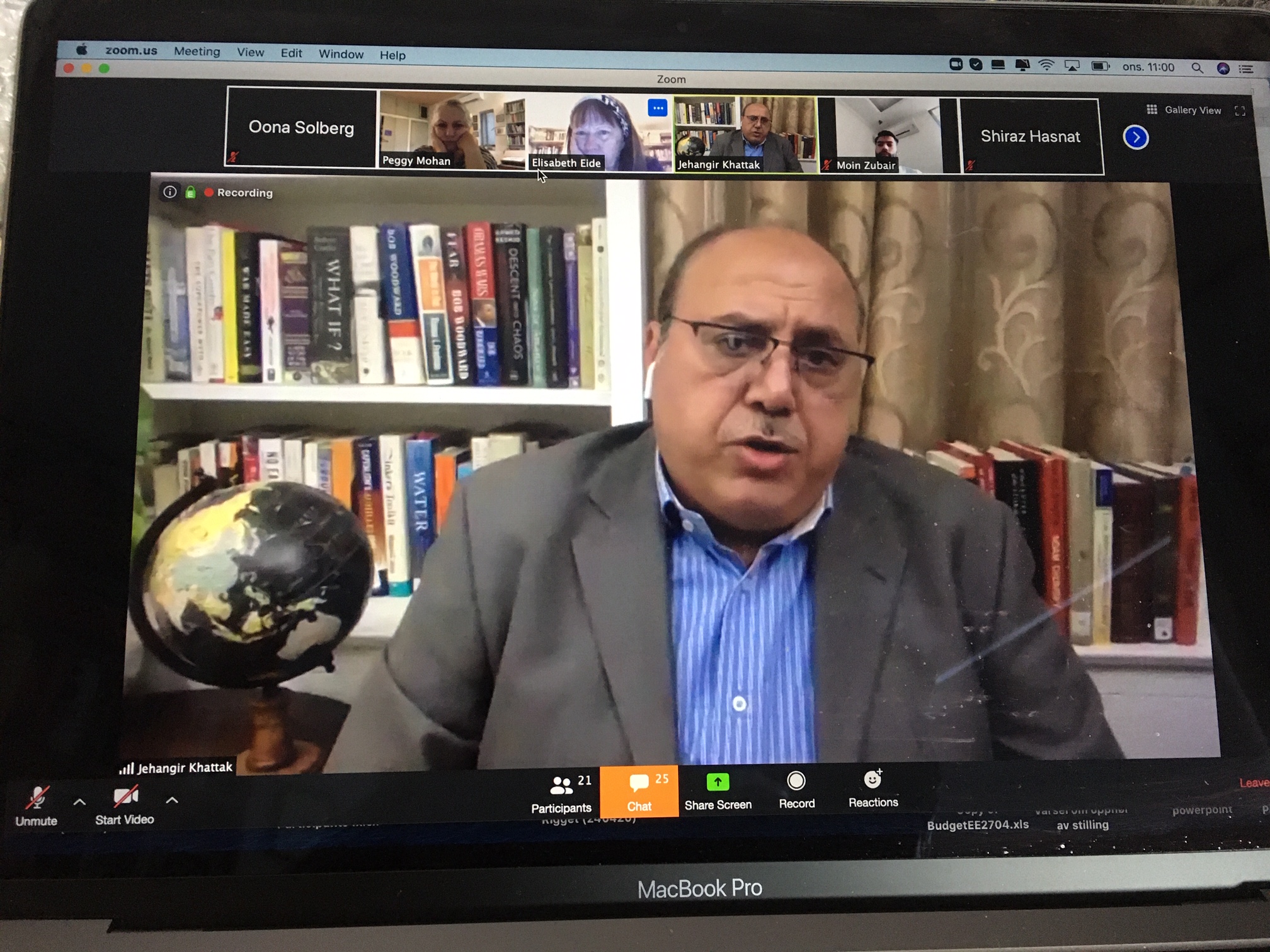
“Freedom of expression debates: how free?” was the headline for session 5 Tuesday 5 May.
Elisabeth Eide contributed with the cartoon controversy seen from Pakistan and Norway” and told of differing interpretations of freedom of expression.
Altaf Khan told about experiences from Pakistan, delving into the history of media from colonial times onwards, and varying degrees of censorship.
The panel presentations was followed by many questions, lively discussions of the themes as well as a general appraisal of the whole workshop.
This workshop – with positive responses from the participants, a fruitful mix of journalists, students and academics – has been a very good experience. It shows how we, in spite of the pandemic and all it restrictions are able to create a transnational atmosphere of learning. The last session, with contributions/partipants from Norway, Germany/Egypt, India, USA and Pakistan, highlighted this in particular, says JMICs director Elisabeth Eide, extending her appreciation of JMICs colleagues at FCC college, Lahore for excellent hosting of the six sessions, which gathered appr. 25 participants
RESOURCES:
- The English original of DART Centre for Journalism & Trauma, Tragedies and Journalists
- The Urdu Translation
- The National Action Plan
